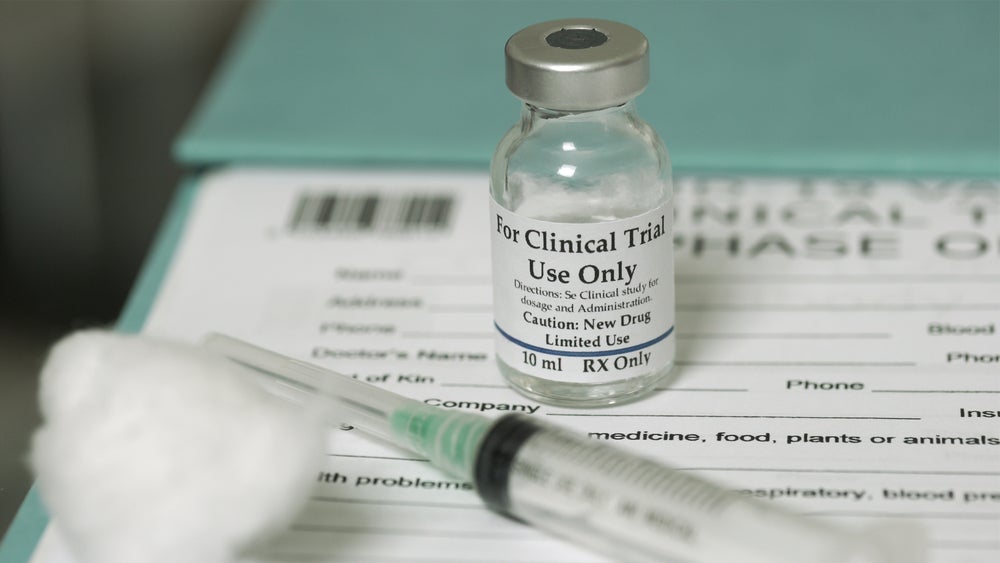Avidity Biosciences has accelerated the initiation of its Phase III trial in myotonic dystrophy type 1 (DM1) after announcing further positive long-term data from a Phase II open-label extension (OLE) study.
The US-based biopharma revealed that its pipeline candidate AOC 1001, which it has now named delpacibart etedesiran (del-desiran), demonstrated consistent and durable improvements in myotonia, muscle strength and activities of daily living in people with DM1, also known as Steinert disease, in long-term data from the Marina OLE trial.
These endpoints will also be evaluated in the Phase III Harbour trial which has now been accelerated to begin in Q2 2024.
Avidity CEO Sarah Boyce said: "Initiating our global pivotal study for del-desiran in the coming months is a significant step forward in bringing a much-needed treatment to people living with DM1 as quickly as possible. We are pleased that the agreed upon functional endpoints in the Phase III HARBOR study are the same endpoints in which del-desiran has demonstrated consistent and durable improvements in the MARINA studies.”
The Marina OLE trial (NCT05479981) is an open-label, multi-centre trial evaluating the safety, tolerability, pharmacokinetic (PK), pharmacodynamics (PD), and efficacy of del-desiran in patients from the Phase I/II Marinal trial (NCT05027269). The long-term efficacy data was assessed from 12 patients on 4mg/kg del-desiran.
All reported adverse events (AEs) were mild or moderate with the most common AEs reported as nausea and headache.
Del-desiran is an investigational treatment designed to address the root cause of DM1. The intravenous drug candidate is an antibody oligonucleotide conjugate (AOC), which acts by targeting cells expressing transferrin receptor protein 1 (TfR1) to deliver a small interfering RNA (siRNA) which inhibits the messenger RNA (mRNA) to encode myotonic dystrophy protein kinase (DMPK).
In November 2023, Avidity Biosciences announced a $2.3bn global licensing and research collaboration with Bristol Myers Squibb. The collaboration broadens the reach of AOCs through the expansion of the existing relationship with Bristol Myers Squibb.
DM1 landscape
DM1 is a genetic disorder characterised by muscle weakness and wasting. It is caused by triplet-repeat in the DMPK gene, resulting in a toxic gain of functional mRNA and is the most prevalent muscular dystrophy in adults.
The current treatment landscape includes supportive treatments to manage symptoms. No curative therapies are available.
According to GlobalData, there are several pipeline drugs, including Avidity’s del-desiran and Dyne Therapeutics DYNE-101, among others that aim to inhibit the DM1 protein kinase or activate the DMPK gene to alleviate the symptoms of DM1.









